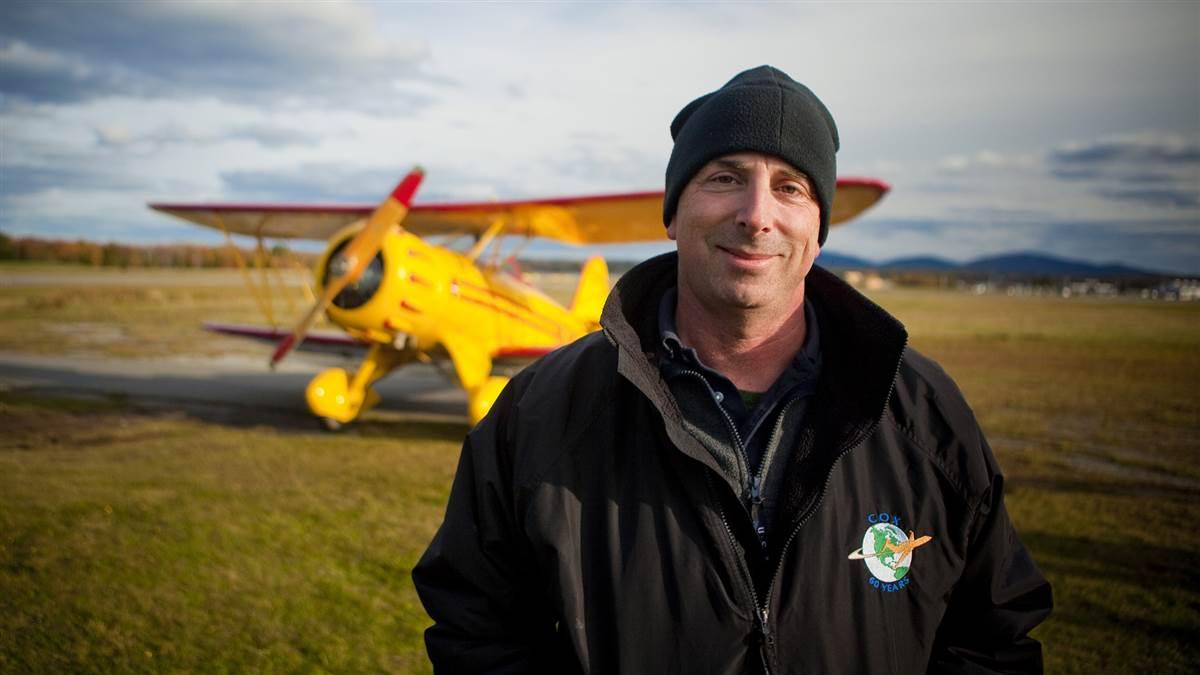Unusual Attitude: Ready or Not?

My student’s uneasiness was obvious. His commercial checkride was five days away, and he felt thoroughly unprepared.
He met the FAA requirements, but nasty winter weather hadn’t allowed us to fly as much as we’d planned, and a busy work schedule kept him from studying as much as he wanted. “You’ve got to postpone the checkride,” he told me earnestly. “I’m not ready, and there’s no way I can get ready in time.”
I listened sympathetically, and his agitation was clear. This student (I’ll call him “Bob,” because that’s his actual name) didn’t feel up to it, and the idea of failure unnerved him. I was tempted to honor Bob’s wishes, but there was more to it. Three years ago, he’d prepared for the same commercial checkride with another instructor, and then backed out, even though he’d already passed the knowledge test. Another postponement likely would turn into another cancellation and an opportunity lost.
I told Bob his checkride date was set in stone, and I wouldn’t do anything to change it. Until then, however, I’d review and fly with him as much as he wanted.
I told Bob his checkride date was set in stone, and I wouldn’t do anything to change it.We met for four hours the next Saturday and painstakingly went through the FAA test standards. We pored over the airplane’s pilot’s operating handbook page by page, and we took a hard look at the few questions Bob had missed on his knowledge test.
The day before Bob’s checkride the wind was blowing 22 knots with gusts to 28 and moderate turbulence at the relatively low altitudes where we’d have to practice the ground reference maneuvers. Bob assumed we’d cancel the flight, but I told him to press on. Practicing in awful conditions would make him feel like an ace on a decent day.
The bumps and roaring wind (40 knots at 1,000 feet agl) made our flight feel like a 90-minute spanking. Eights on pylons required major adjustments to our pivotal altitude, and normally simple things such as turns around a point required exaggerated bank angle adjustments. Power-off spot landings demanded a far earlier base turn than normal.
On checkride day, Bob breezed through the oral portion because he knew the material cold. His hours of study and review showed. The air was clear and smooth, and Bob said his chandelles and lazy 8s were things of beauty. The only maneuver he struggled with was the power-off spot landing, and that was because of the radically different wind conditions.
The FAA examiner praised Bob’s performance and gladly handed over the white paper he’d once sought, then gave up on, and sought again.
Would Bob have completed his training after a checkride postponement? There’s no way to know. I’ve got a hunch a delay would have ended his quest for this certificate, but it’s only a hunch. A failed checkride might have had the same result, but I was confident that wouldn’t happen.
Addressing a student’s self-doubt is part of the preparation for every checkride. Knowing when to respect a student’s wishes—and when to ignore them—is a judgment call. Playing the tough-guy CFI card helps when a student is ready but doesn’t know it yet. Under such circumstances, a looming deadline can increase a student’s focus and raise his or her performance.
Hopefully, Bob’s recent checkride triumph will convince him that his instructor’s, and examiner’s, faith in him isn’t misplaced, and that more self-confidence is both justified and deserved.



